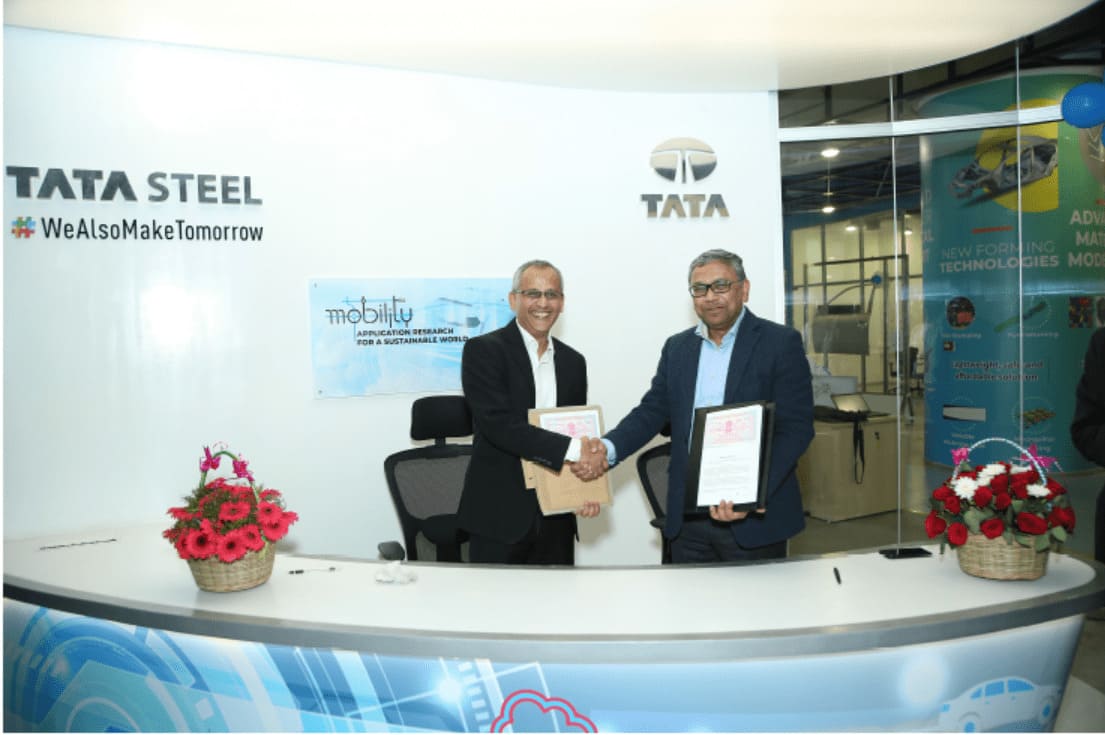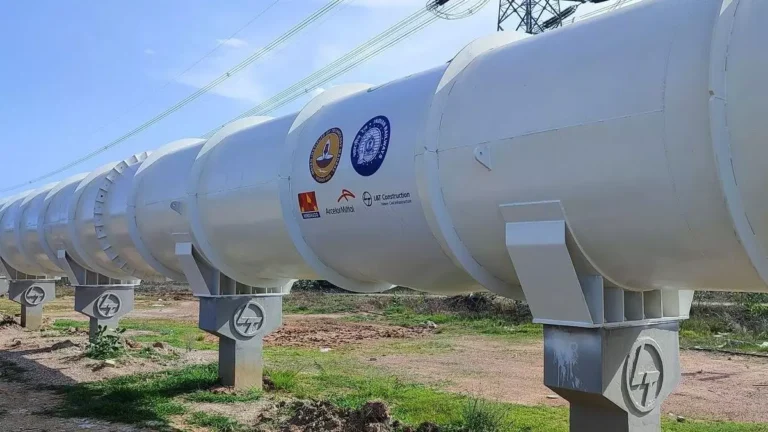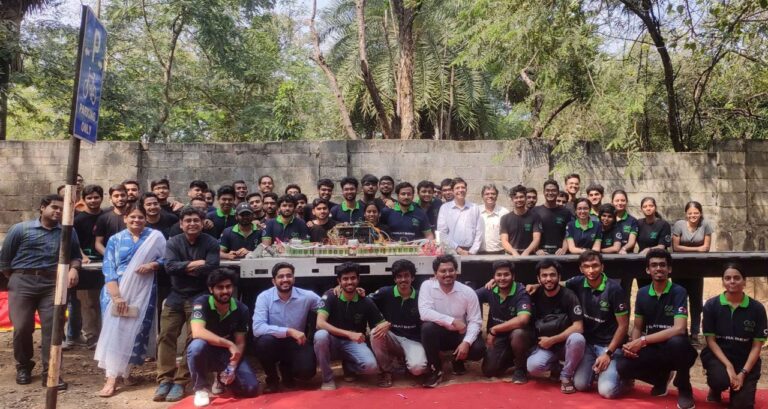Tata Steel and TuTr Hyperloop signed an agreement to jointly work on the development and deployment of hyperloop technology. The research will focus on key challenges of design and materials selection.
The partnership seeks to design, develop, and scale up the technology for commercialisation.
The Phase-I work will take place on the 50-meter test track at IIT Madras. The subsequent work to achieve a 10-km track will be completed in Phase-II and -III involving a consortium of other industry partners from the automotive, construction and engineering sectors.
Hyperloop is a future option for a high-speed, low-cost, sustainable transport system for both passengers and cargo.
The hyperloop system has key elements such as tubes, pods, propulsion systems, and tracks.
Autonomous, levitated pods travel through a network of evacuated tubes. It promises 10 times more energy efficiency than road transport and aviation, uses 2-3 times less space than rail and road, and enables shorter travel duration than aviation.
Debashish Bhattacharjee, Vice President, Technology & New Materials Business, Tata Steel said: “Globally, hyperloop holds huge potential for high-speed sustainable transportation of tomorrow. Tata Steel will contribute to finding solutions to critical challenges in the hyperloop journey by leveraging its R&D capabilities and the Tata ecosystem.”
R Balaji, Co-founder & CEO, TuTr Hyperloop said the company is currently developing and testing various options to make hyperloop technology solution a global benchmark in terms of cost and efficiency.
The partnership with Tata Steel will solve materials and design-related challenges and drive hyperloop to become a reality, he added.
Tata Steel has core expertise in the design and development of steel and composite materials.
TuTr, a deeptech start-up incubated at IIT Madras is a front-runner in this space and is promising a low-cost hyperloop solution as its key value proposition. TuTr has unique strength in pod and propulsion system design.



